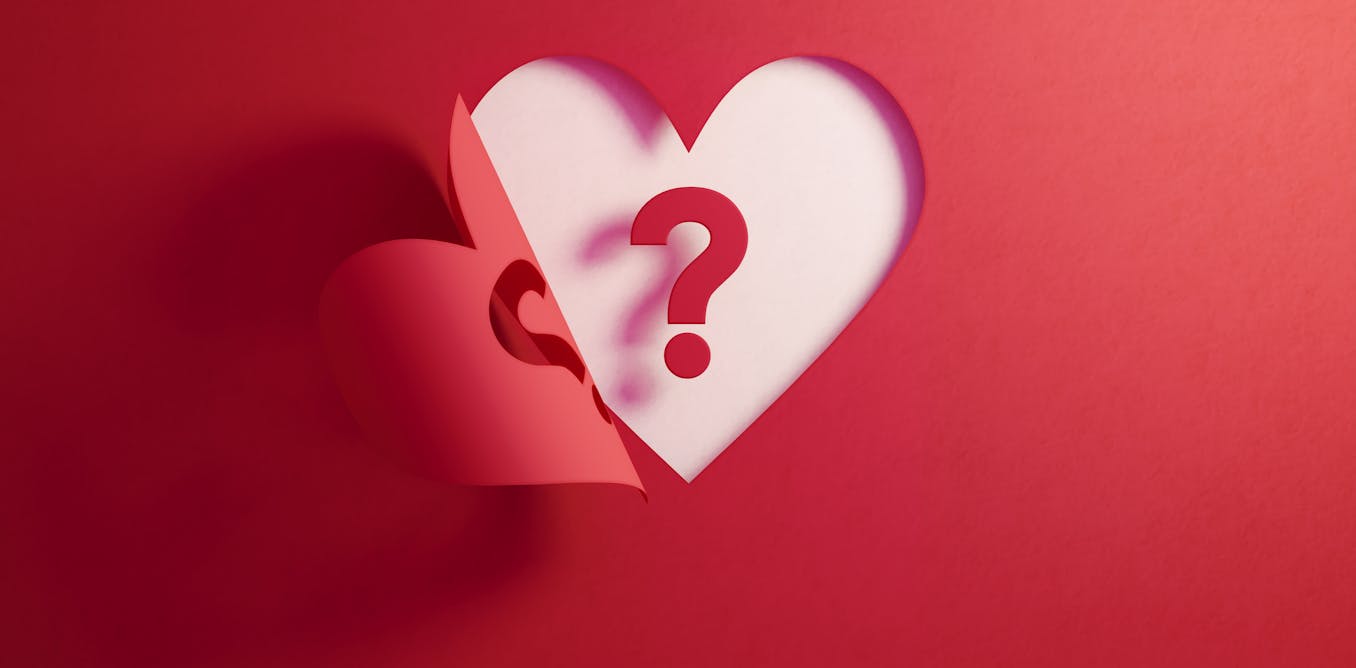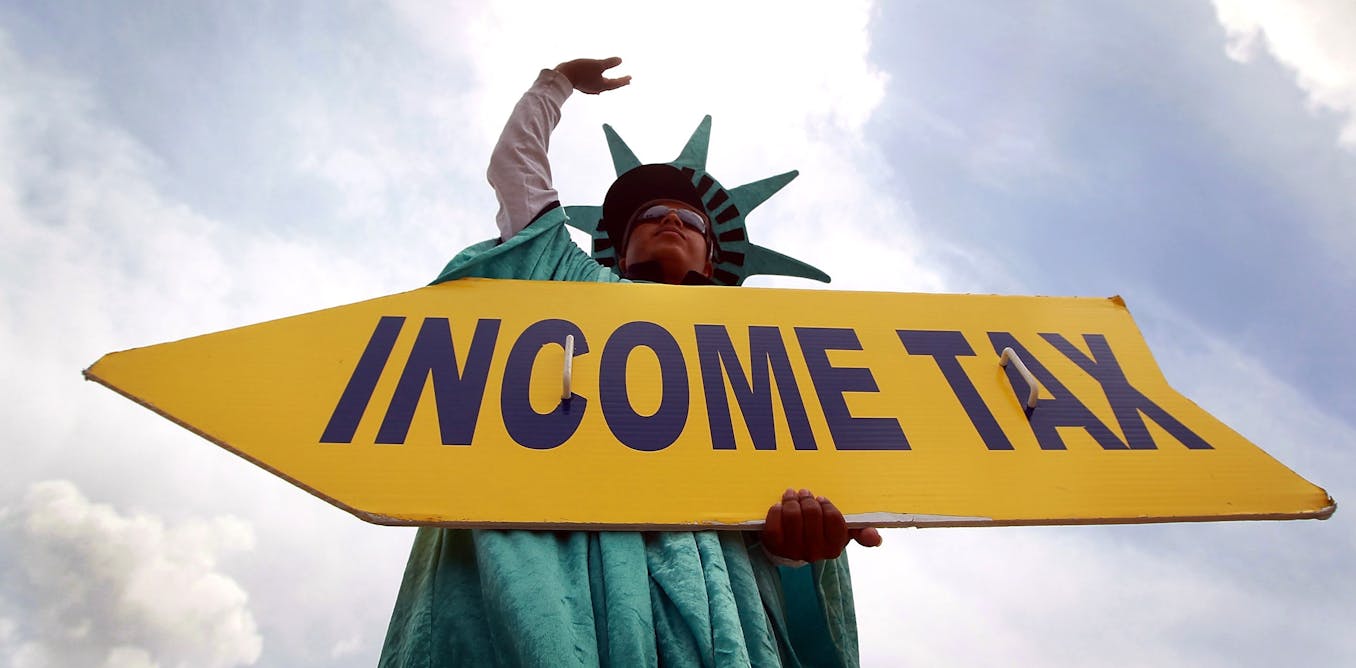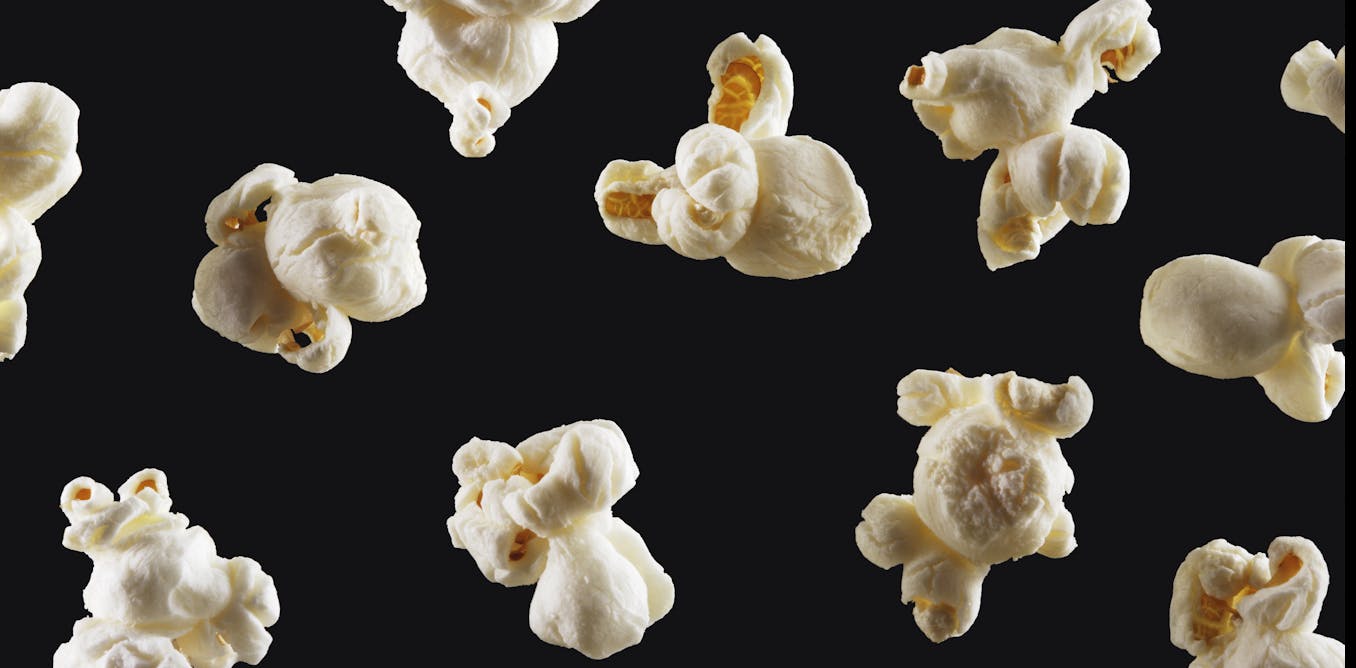What is love? A philosopher explains it’s not a choice or a feeling − it’s a practice
What makes a relationship last when feelings fade or circumstances change? Can you force yourself to love someone you hate or don’t care about?
July 29, 2024 • ~9 min
How do 9 states get by with no income tax? A tax expert explains the trade-offs they choose
Texas, Florida and 7 other states have no income tax, but they make up for it with other taxes. Sometimes those taxes mean low-income residents pay a larger percentage of their money in taxes.
July 22, 2024 • ~7 min
Could people turn Mars into another Earth? Here’s what it would take to transform its barren landscape into a life-friendly world
Liquid water, breathable air and a sustainable food supply are three of the essentials Mars would need for people to live comfortably there.
July 15, 2024 • ~9 min
Is Earth really getting too hot for people to survive? A scientist explains extreme heat and the role of climate change
The answer depends in part on where you live. If it’s extremely hot and humid, the health risks are much higher.
June 17, 2024 • ~6 min
How do you build tunnels and bridges underwater? A geotechnical engineer explains the construction tricks
Underwater construction is a complex and difficult task, but engineers have developed several ways to build underwater … mostly by not building underwater at all.
June 10, 2024 • ~9 min
Why do astronomers look for signs of life on other planets based on what life is like on Earth?
It’s hard to look for something you’ve never seen before – and that might not even exist. But you have to start somewhere.
June 3, 2024 • ~9 min
/
23










